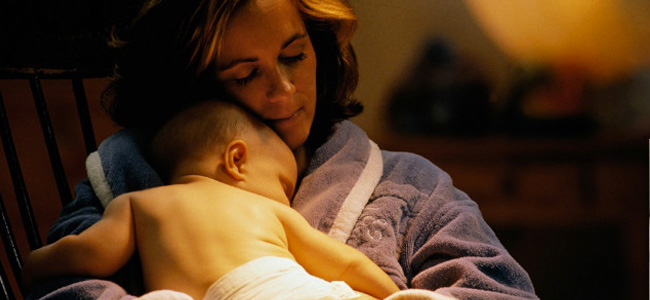Certified Infant and Child Sleep Consultant, Samantha Krukerink from Baby Sleep Consultant, explains why your baby might not sleep through the night.
For more information or advice, please contact Samantha to talk about your baby’s sleep and learn how you and your baby get the sleep you need.
1. Neurologically they are not ready
Every baby is different as to when they are happy to go all night without checking in with your or having a cuddle, and newborns especially are not ready to spend 12 hours sleeping alone. If it’s just a couple of quick check ins or feeds, then you probably don’t have a problem. If they are going through a period of separation anxiety, then you may find that they are waking more often than they used to just for a little reassurance.
2. Self settling
If your baby is over 4-5 months and can’t self settle, this could definitely be a reason they are looking for assistance to get back to sleep after a sleep cycle, or 2-4 hours at night. If you can work on helping them to self settle independently at the start of sleep, then this will make it easier for them to resettle themselves when they wake later.
3. Over tired
This is a big one, if your child wakes after 45 minutes in the evening, or frequently around 9pm, they probably need more day time sleep, or an earlier bed time, or both! Over tiredness produces stress hormones which create more wake ups and block your child’s ability to easily fall into a deep sleep. They’ll also find it harder to settle themselves to sleep after a wake up, so might end up relying more on your help eg feeding, rocking, holding to resettle.
4. Hungry
Well this one is obvious and not so obvious! Smaller younger babies need frequent feeds over night as they grow and mature. But then once you start solids things can get tricky. Too much food too early = not enough milk = night wake ups. Not the right kinds of foods around 8/9 months, ie. lack of protein or carbohydrate or fat = night wake ups. Sometimes they can also wake from habitual hunger – their body has come to expect a feed at this time so they wake up feeling hungry. If you want to reduce night time feeds, you’ll need to consider their weight and age before gradually weaning from some of the feeds. Weaning (rather than the cold turkey approach) will be much easier as this helps their body to gradually adjust to less calories.
5. Cat napping
Often this appears to only be a day time issue. But lots of cat napping babies begin waking at night after every 2 hours (the end of a partial sleep cycle over night) looking for the same response they get during the day (getting up for a feed or a play, or being assisted back to sleep). These short catnaps also aren’t as restorative, which can lead to overtiredness and more wake ups as a result. The solution is to begin addressing the cat napping and the night sleep.

Samantha Krukerink
Certified Infant and Child Sleep Consultant
Ph 021 129 0129
www.babysleepconsultant.co.nz
www.facebook.com/babysleepconsultantnz
follow me on instagram @sleepfairy_sam
Bay of Plenty Baby Sleep Consultant VIP Group

